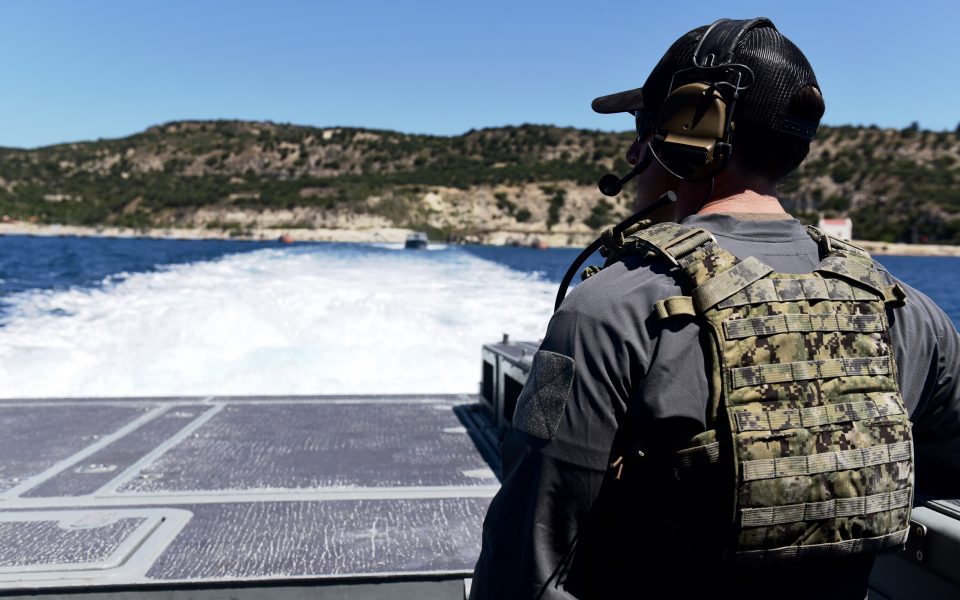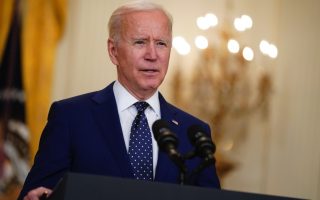How critical is Greece to the US?

The final quarter of 2021 was certainly a noteworthy one for the United States-Greece bilateral relationship. In October, the new Mutual Defense and Cooperation Agreement (MDCA) was executed. Then in December, the US-Greece Defense and Interparliamentary Partnership Act was passed into law.
Despite these great successes, critics still found something to complain about. For example, there were those who protested that the MDCA should have been limited to annual renewals (of course, they never explained how they could convince Congress to appropriate funds to invest in facilities that were not guaranteed beyond a year).
These criticisms miss their mark for two critical reasons. First of all they treat the gains realized via these milestones as some endpoint – rather than as new beginnings or intermediate steps – in the bilateral relationship. The second, and even bigger mistake, is these criticisms treat the MDCA and the legislation as transactions that belong to a world with a very different security architecture.
It is on this latter point that Greece’s strategic thinkers and political leaders should dwell. A new US security architecture is in the process of being established; much of it will seem familiar but there are key differences. It is these differences which Athens must learn to navigate and turn into rationales for Greece being upgraded in American strategic thinking.
The last two US administrations used rhetoric hinting at departures from long time trends in American foreign policy. But neither the “America First” orientation of the Trump presidency nor the Biden Administration’s paeans to democracy and human rights have become central ideologies of the foreign policy establishment.
Instead, great power competition dominates American national security strategy. In some sense, this is not new for Greece. After all, Athens often found itself on a Cold War chessboard between the US and the USSR. But in 2022, Greece finds itself in the midst of simultaneous great power competitions, one between the US and Russia and the other between the US and China.
Not only is the involvement of a third great power in the region distinguish this era of great power politics from the Cold War, but China has also expanded the competitive battlefield to the arena of economics and soft power – something that the USSR was never able to do. Beijing’s Belt and Road Initiative (BRI) and Huawei are as significant challenges to US influence in Southeast Europe and the Eastern Mediterranean as are Russian warships and intelligence assets.
Greece is enabling the US to catch up in many respects. After a policy of neglect allowed the Russians to gain influence once again in the Balkans and the Chinese to expand the BRI there, Greece has established itself as a firewall against more consequential influence by Moscow and Beijing. Washington inadvisably conceded the Port of Piraeus to China, but Greece did not succumb to the temptation of even more Chinese investment. Despite clear economic needs, Greece denied both China and Russia access to several strategic investments. Athens has not only helped limit the influence of Moscow and Beijing; it has served as an example of how to reverse it. The importance of Greece’s decision to choose Ericsson over Huawei and to lead diplomatic initiatives that led to the expansion of NATO in the Balkans cannot be overstated.
Neither can Greece’s contributions on the “hard power” front. At a time when Turkey has become completely unreliable vis-a-vis Russia, turning Alexandroupoli into a key Western naval asset and the expansion of Souda Bay provide significant checks on Russia’s naval activities in the region and “breakout capabilities” from the Black Sea.
Greece’s defense cooperation with France is also more welcome in the new US security architecture than one would suspect. For over a decade, the US has been seeking to “pivot” to Asia. A capable European defense identity – once viewed with suspicion in Washington – has become invaluable to the US’s ability to focus more on China.
America’s new security architecture continues to evolve, but Greece is well positioned – geographically, politically, strategically, values-wise – to become an even more important partner to Washington as this evolution occurs. For the US to be able to confront and compete with China, it needs its partners in Europe and the Eastern Mediterranean to step up and take the lead in safeguarding Western interests in those regions. Greece can be that partner, and now Washington’s own reliability as an ally has to be measured by how much it will invest in that partnership.
Endy Zemenides is executive director at the Hellenic American Leadership Council.





